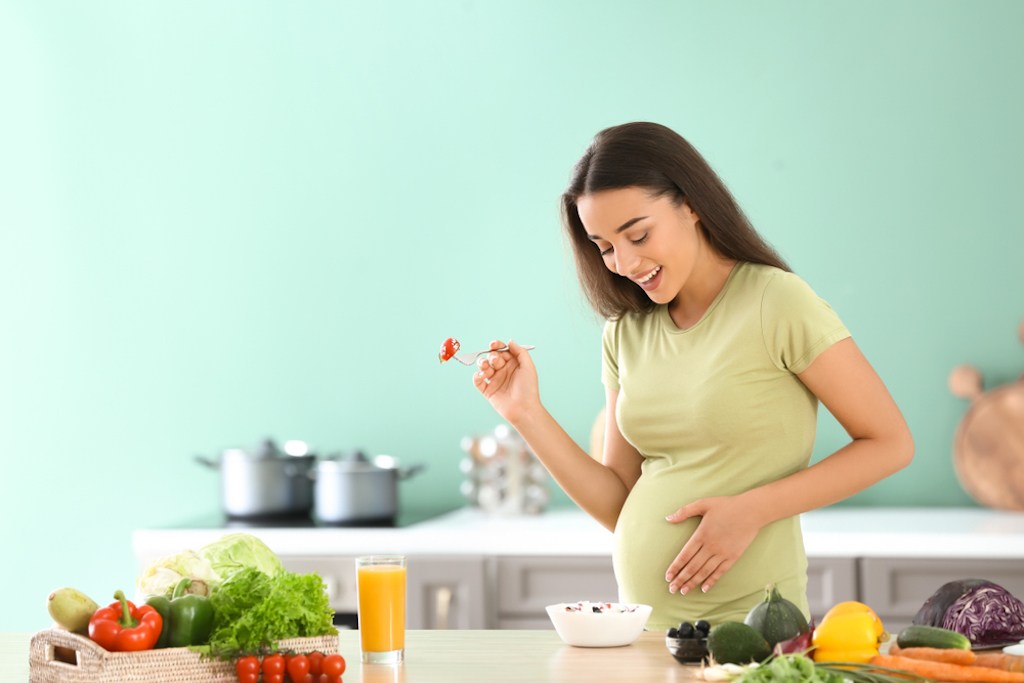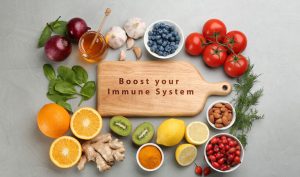During pregnancy, it’s essential to make informed dietary choices to protect both the mother and the developing baby. Here’s a list of foods to avoid or limit during pregnancy:
1. Raw or Undercooked Seafood
Sushi, oysters, and clams have a risk of bacterial or parasitic infections (e.g., listeria, salmonella) that can harm the baby.
2. High-Mercury Fish
Shark, swordfish, king mackerel, tilefish, and some types of tuna have high mercury levels which can affect the baby’s developing nervous system.
3. Raw or Undercooked Eggs
Homemade mayonnaise, hollandaise sauce, and soft-boiled eggs can have a risk of salmonella infection.
4. Unpasteurized Dairy Products
Raw milk, certain soft cheeses like Brie, Camembert, feta, and blue cheese can have a risk of listeria infection.
5. Deli Meats and Hot Dogs (Unless Heated Thoroughly)
These can have a high risk of listeria contamination unless reheated to steaming hot.
6. Raw or Undercooked Meat and Poultry
Rare steak and undercooked chicken have a high risk of toxoplasmosis, salmonella, and other infections.
7. Certain Raw or Sprouted Vegetables
Alfalfa, mung bean, and clover sprouts can harbor harmful bacteria like E. coli or salmonella.
8. Unwashed Fruits and Vegetables
Risk of exposure to toxoplasma from contaminated soil.
9. Excessive Caffeine
High caffeine intake (over 200 mg/day) can increase the risk of miscarriage or low birth weight.
10. Alcohol
No amount of alcohol is safe during pregnancy as it can lead to fetal alcohol spectrum disorders (FASDs).
11. Certain Herbal Teas and Supplements
Supplements such as licorice root and ginseng may have adverse effects on pregnancy.
2. Processed and High-Sodium Foods
Foods like instant noodles and canned soups can have excess sodium can contribute to high blood pressure and water retention.
13. Foods with High Levels of Vitamin A
Liver and liver products can have excessive vitamin A can harm the baby’s development.
Being mindful of these foods and practicing good food hygiene ensures a healthier pregnancy for both mother and baby. If you’re unsure about any food, consult your healthcare provider.





